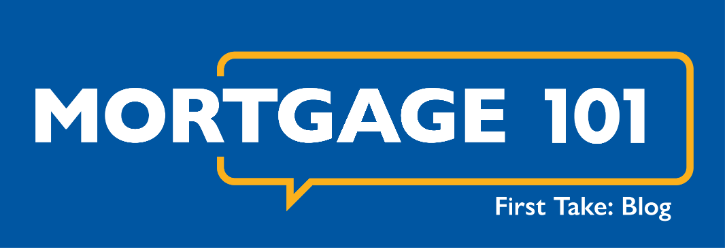
How Your Credit Score Impacts Your Mortgage Application
When it comes to buying a home, your credit score is one of the most important factors lenders evaluate during the mortgage application process. A strong credit score can open the door to better loan terms, while a lower score might limit your options or make borrowing more expensive. Let’s break down how your credit score affects your mortgage application.
Why Your Credit Score Matters
Lenders use your credit score to determine how risky it is to lend you money. Your score reflects your history of borrowing and repaying debt, which helps lenders assess the likelihood that you will make timely mortgage payments.
Your credit score impacts:
• Loan approval: A higher score increases your chances of getting approved.
• Interest rates: Borrowers with higher scores qualify for lower interest rates, which can save thousands over the life of the loan.
• Down payment requirements: A lower score may require a larger down payment to offset risk.
• Loan type eligibility: Some mortgage programs have minimum credit score requirements.
How Credit Score Affects Interest Rates
Even a small difference in your credit score can affect your monthly payment and total interest paid over time. Here’s an example* for a $300,000 mortgage on a 30-year fixed loan:
|
Credit Score |
Interest Rate |
Monthly Payment |
Total Interest Paid |
|
760+ |
6.5% |
$1,896 |
$382,000 |
|
700-759 |
6.75% |
$1,946 |
$400,000 |
|
660-699 |
7.25% |
$2,046 |
$435,000 |
|
620-659 |
7.75% |
$2,149 |
$474,000 |
As you can see, a higher credit score can result in lower monthly payments and significant long-term savings on interest.
Ways to Improve Your Credit Score Before Applying
If your score isn’t where you want it to be, here are steps to consider:
1. Pay bills on time – Your payment history is the biggest factor in your credit score.
2. Reduce credit utilization – Keep your credit card balances below 30% of your limit.
3. Avoid opening new credit accounts – New credit inquiries can lower your score temporarily.
4. Check for errors on your credit report – Dispute any incorrect information.
5. Pay down existing debt – Reducing overall debt can improve your debt-to-income ratio.
Bottom Line
Your credit score has a direct impact on your mortgage application, affecting your interest rate, loan approval, and overall borrowing costs. Even a slight improvement in your score can save you thousands over the life of your mortgage. If you’re planning to buy a home, take steps now to strengthen your credit so you can qualify for the best possible loan terms.

Written by: Amanda Eaton
Amanda Eaton is a Jonesboro, AR based secondary market lender serving customers in Arkansas and Tennessee as our Mortgage President. Whether you're a first-time homebuyer or long-term real estate investor, Amanda and her team offer simple, proven, reliable service for all your home loan needs. Apply online or call our mortgage team at (870) 215-4723 ext 1006
*The chart listed above does not guarantee rates or monthly payments. It only shows examples of how a credit score could impact rate, monthly payment, and total interest paid. All rates are subject to credit approval and could change on a daily basis.
